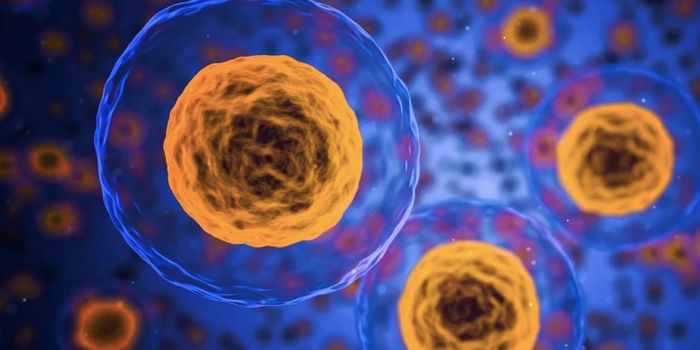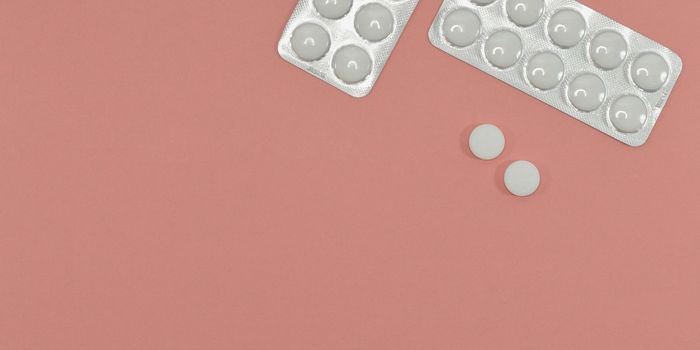Double-Edged Sword in the Immune System: Autoimmune Disease Versus HIV
The good news? Scientists discovered a regulatory immune process that wards off “accidental” responses that lead to autoimmune disease. The bad news? The very same process prevents the production of vital anti-HIV antibodies that could make stopping the transition from HIV infection to AIDS a lot easier.
The process is called immunological tolerance, and it’s hugely important for preventing the production of so-called “self-reactive” antibodies that target healthy human cells as if they were dangerous pathogenic cells. It works by destroying immune cells called B cells during development if they are found to be capable of producing self-reactive antibodies.
Immunological tolerance is a double-edged sword; left alone, it prevents autoimmune disease, but manipulating it is also a key avenue for improving the body’s defense against HIV infection. From the University of Colorado School of Medicine, scientists are experimenting with a potential vaccine to stimulate production of broadly neutralizing antibodies (bnAbs) that are missing due to the destruction of certain B cells during immunological tolerance.
Despite the efforts of immunological tolerance, sometimes bnAbs are naturally produced after years of HIV infection. Now, researchers want to speed up the process without putting an HIV-positive person at risk of autoimmune disease.
“Breaching peripheral immunological tolerance permits the production of cross-reactive antibodies able to neutralize HIV-1," explained team leader Professor Raul M. Torres.
As anti-HIV agents, bnAbs recognize a viral protein called Env, which hangs out on the surface of HIV. But bnAbs also recognize the body’s own proteins, which is why it makes sense that the body has a process in place to prevent their production. In past studies, scientists have observed that people with lupus, an autoimmune disease, have lower rates of HIV infection. Even if they do contract HIV, it’s very possible that the high levels of bnAbs in their system keep the infection under control without needing antiretroviral drugs.
Torres and his team began their studying asking this: How can scientists interrupt immunological tolerance to promote bnAb production and, subsequently, a more effective anti-HIV approach? They started with mice genetically altered to exhibit “lupus-like symptoms.” The mice were successfully induced to produce HIV-neutralizing antibodies via the injection of an antibody-promoting chemical called alum.
They continued with normal, healthy mice who were given a drug that impairs immunological tolerance, and the result was the production of HIV-neutralizing antibodies. Production of antibodies was boosted first with an alum injection, followed by injection of the viral protein Env.
When HIV-neutralizing antibodies were produced in both mouse studies, levels of self-reactive antibodies recognizing chromosomal protein Histone H2A increased, also confirmed to be capable of neutralizing HIV.
"We think this may reflect an example of molecular mimicry where HIV-1 Env has evolved to mimic an epitope on histone H2A as a mechanism of immune camouflage," Torres explained.
Are these experiments and their findings applicable to humans? Torres hopes so, and more studies will have to be conducted for confirmation: “Primary consideration will be determining whether immunological tolerance can be transiently relaxed without leading to detrimental autoimmune manifestations.”
The present study was published in The Journal of Experimental Medicine.
Source: Rockefeller University Press









